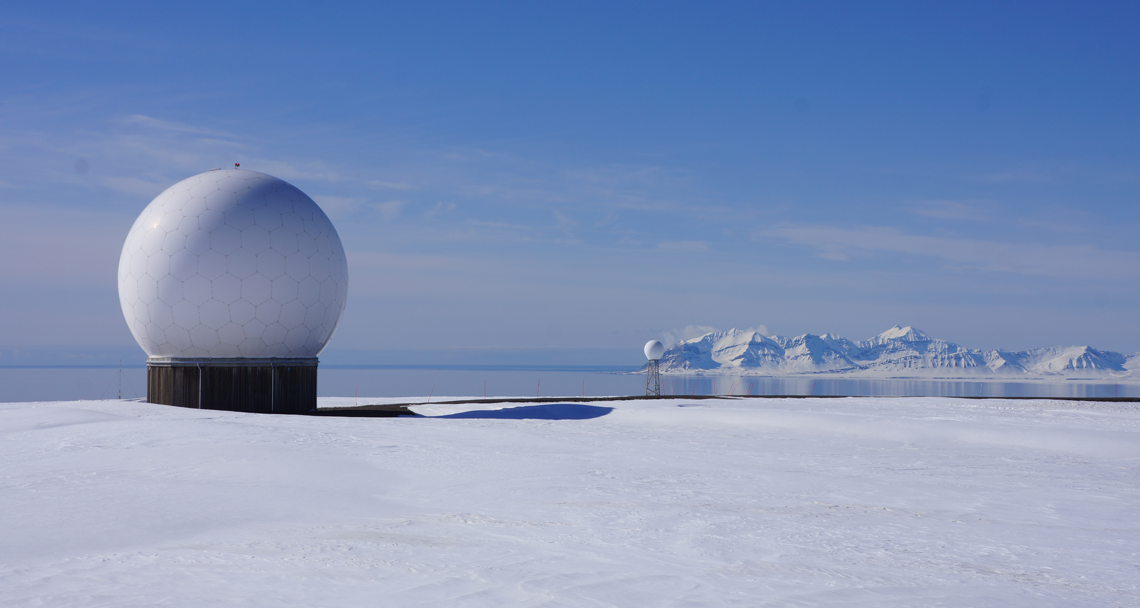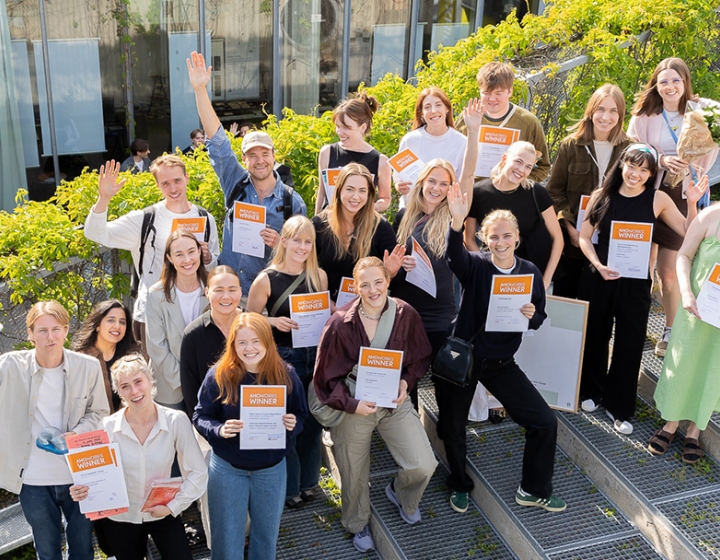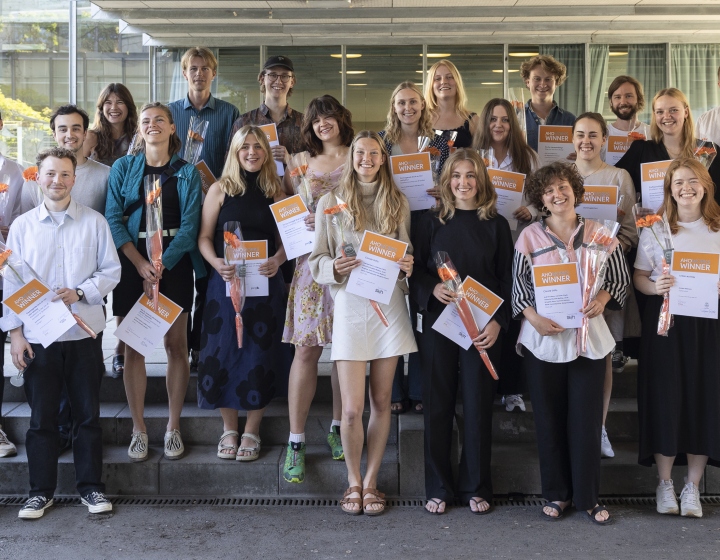Prestigious ASLA award to Tromsø Landscape studio
The research and design studio “Svalbard: Fluid Territory” has been awarded The American Society of Landscape Architects’s professional Award of Excellence in Research 2017.
The studio course was the 2015 third semester course at the Tromsø Academy of Landscape and Territorial Studies, a Master programme collaboration between AHO and UiT, The Arctic University for Norway. The studio work was submitted to ASLA as a research project.
“Research projects are difficult because there is a wide divergence of opinions as to what constitutes research. But this one rang all the bells,” read the Jurys verdict.
“This is a tremendous honour to our students. The work experimented with quite novel methods for territorial analysis, combining multi-scalar mapping techniques with in-depth research on the history, agency and changing character of the Svalbard territory. The course had a research focus, which was challenging for the students, but they impressed us with their strong research-driven design. This work, which was drawing on the Future North research project, demonstrates the importance of connecting research and teaching", said Janike Kampevold Larsen.
She coordinated the Tromsø programme through its first four years, and was course leader For Svalbard: Fluid Territory together with Kathleen John-Alder from Rutgers University. They will travel to Los Angeles in October to receive the award. Assistant teachers Eimear Tynan and Mats Kemppe, and consulting cartographer Riccardo Pravettoni were important members of the research studio.
“We are thankful to Kathleen John-Alder for submitting the work to ASLA, and to the rest of the team for a great effort on the course”, said Kampevold.
The studio research project was submitted to the annual competition by Kathleen John-Alder, associate professor at Rutgers University. John-Adler is part of the teaching and research team collaborating on the Future North research project and the Svalbard studio at AHO’s Tromsø Academy of Landscape and Territorial Studies.
“Research projects are difficult because there is a wide divergence of opinions as to what constitutes research. But this one rang all the bells,” read the Jurys verdict.
“This is a tremendous honour to our students. The work experimented with quite novel methods for territorial analysis, combining multi-scalar mapping techniques with in-depth research on the history, agency and changing character of the Svalbard territory. The course had a research focus, which was challenging for the students, but they impressed us with their strong research-driven design. This work, which was drawing on the Future North research project, demonstrates the importance of connecting research and teaching", said Janike Kampevold Larsen.
She coordinated the Tromsø programme through its first four years, and was course leader For Svalbard: Fluid Territory together with Kathleen John-Alder from Rutgers University. They will travel to Los Angeles in October to receive the award. Assistant teachers Eimear Tynan and Mats Kemppe, and consulting cartographer Riccardo Pravettoni were important members of the research studio.
“We are thankful to Kathleen John-Alder for submitting the work to ASLA, and to the rest of the team for a great effort on the course”, said Kampevold.
Fluid Territory: A Journey into Svalbard, Norway:
The climate, environment, demography, settlement patterns, and landscape of the Arctic are changing rapidly. This transformation has led to intense debates and extensive research regarding the future of the circumpolar north. The research project “Fluid Territory: A Journey into Svalbard, Norway” uses an iterative logic of giving and receiving to explore the potential future of this hyper-networked space. This is accomplished by illustrating how external influences, such as chemical pollution, tourism and resource extraction, impact the physical terrain and climate of Svalbard, and thus the migratory and habitation patterns of its marine and terrestrial organisms. Conversely, the project also illustrates how the territorial agency of Svalbard, as a repository of cultural heritage and through institutions devoted to science and satellite monitoring, extends outward to influence the global community. This study, conducted by a multi-national team of researchers, is noteworthy for its geographical extent, its innovative combination of cross-disciplinary information, its multi-scalar mapping techniques, and for the way it innovatively expands the future possibilities of the investigative terrain of landscape architecture.The studio research project was submitted to the annual competition by Kathleen John-Alder, associate professor at Rutgers University. John-Adler is part of the teaching and research team collaborating on the Future North research project and the Svalbard studio at AHO’s Tromsø Academy of Landscape and Territorial Studies.



